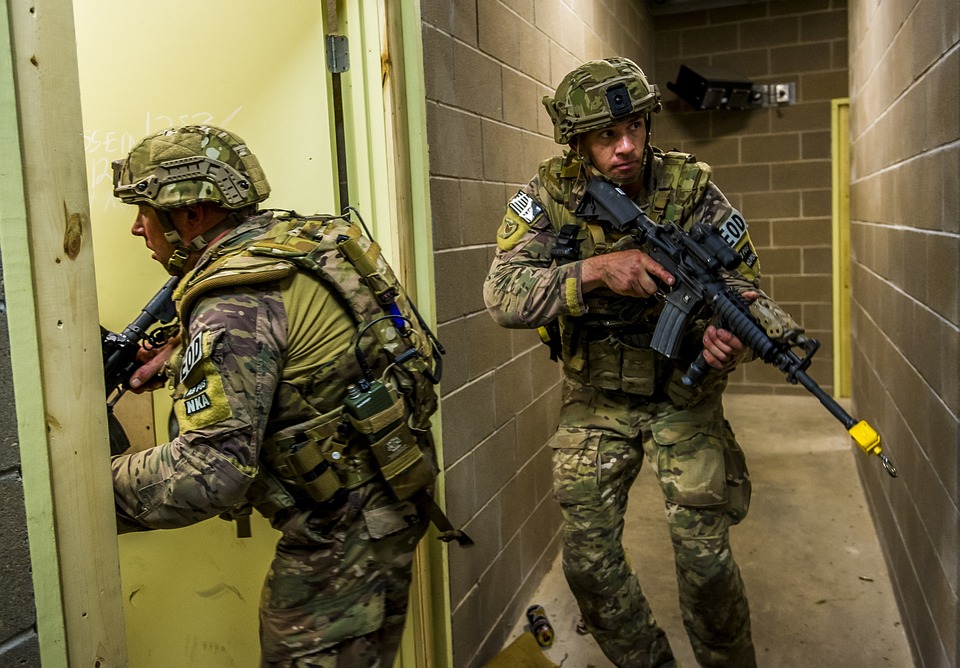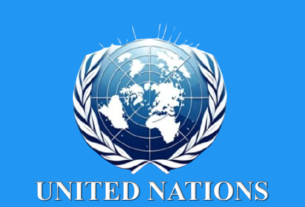The Israeli-Palestinian conflict is a complex and longstanding issue with deep historical, political, and humanitarian dimensions. The question of how Israel should respond to attacks from Palestine and its proxies is a highly debated and sensitive topic, with opinions varying widely depending on perspectives and interpretations of international law.
Here are some key points to consider regarding Israel’s responses to attacks:
- Right to Self-Defense: Like any sovereign nation, Israel has the right to defend itself against attacks aimed at its territory, citizens, and interests. This right is recognized under international law, including Article 51 of the United Nations Charter, which allows countries to engage in self-defense in response to armed attacks.
- Proportional Response: International law also emphasizes the principle of proportionality in self-defense. This means that responses to attacks should be proportionate to the threat faced and should not exceed what is necessary to repel the attack.
- Humanitarian Concerns: In conflicts such as the Israeli-Palestinian conflict, there are significant humanitarian considerations, including the protection of civilian lives and infrastructure. Both sides are urged to take precautions to minimize harm to civilians and to adhere to international humanitarian law.
- Peaceful Resolution: Many international actors, including the United Nations, have called for a peaceful resolution to the Israeli-Palestinian conflict through dialogue, negotiations, and diplomatic efforts. Long-term stability and security in the region are often seen as best achieved through a negotiated settlement that addresses the root causes of the conflict.
- International Community: The international community plays a critical role in encouraging de-escalation, promoting dialogue, and supporting efforts to reach a lasting peace agreement between Israel and Palestine. Diplomatic initiatives and multilateral forums are often used to address the conflict and seek solutions.
In summary, while Israel has the right to self-defense against attacks, the context of the Israeli-Palestinian conflict is complex, and responses to violence must be mindful of international legal principles, humanitarian concerns, and the broader goal of achieving lasting peace in the region. Efforts to de-escalate tensions, protect civilians, and work towards a negotiated settlement are crucial in addressing the underlying issues contributing to the conflict.



